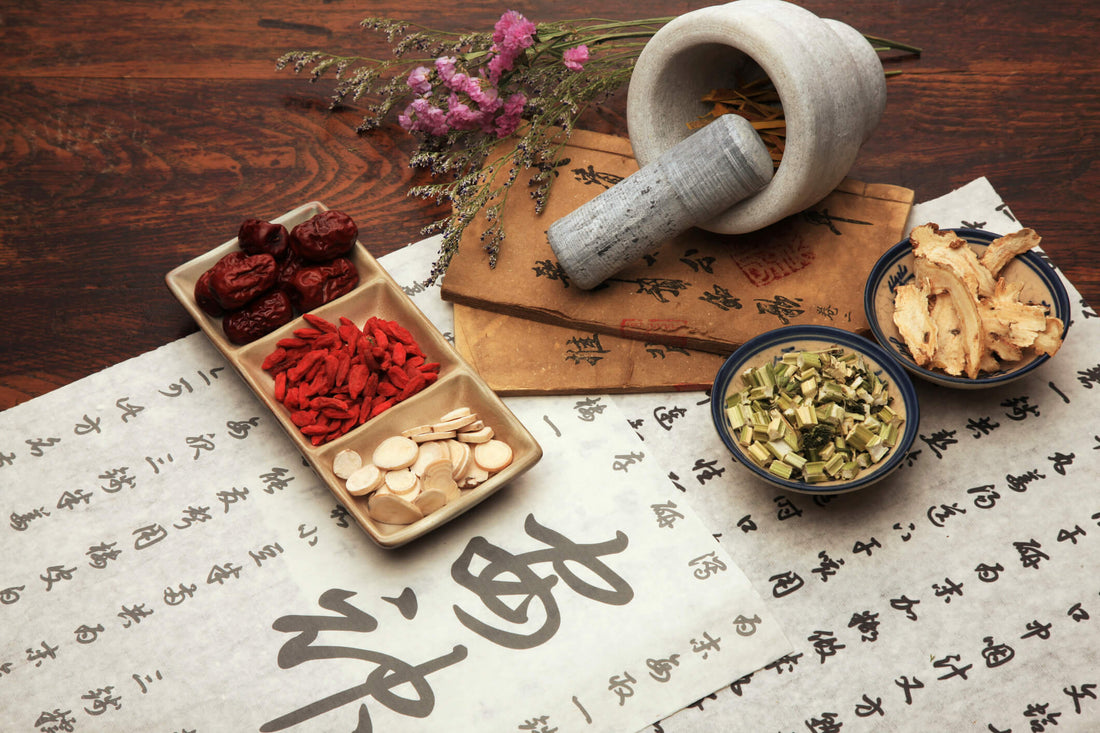Traditional Chinese Medicine (TCM) is rooted in the belief that health and well-being come from maintaining balance within the body. This week, we’re exploring the foundational principles of Yin-Yang and Qi, and how they influence our energy, emotions, and overall vitality. By understanding these ancient concepts, we can create harmony in our daily lives through mindful eating, lifestyle choices, and self-care practices.
The Basics of Yin-Yang and Qi
At the core of TCM is the concept of Yin and Yang—two opposing but complementary forces that exist in everything.
- Yin represents coolness, stillness, nourishment, and introspection.
-
Yang embodies warmth, activity, movement, and outward expression.
For optimal health, Yin and Yang must remain balanced. If one dominates the other, it can lead to discomfort, fatigue, or illness.
Qi (pronounced “chee”) is the vital energy that flows through the body, ensuring balance and vitality. Qi moves through meridians (energy pathways) and supports every bodily function, from digestion to immunity. Blockages or deficiencies in Qi can manifest as sluggishness, stress, or imbalances in health.
How TCM Views Balance, Health, and Energy Flow
TCM sees health as a dynamic state where Yin, Yang, and Qi interact harmoniously. Imbalances can arise due to diet, emotional stress, lack of movement, or environmental factors. To restore balance, TCM promotes gentle adjustments in daily habits rather than drastic changes.
Some signs of imbalance include:
- Excess Yang: Irritability, overheating, inflammation, restlessness.
- Excess Yin: Fatigue, coldness, sluggish digestion, low motivation.
- Qi Deficiency: Chronic tiredness, weak immunity, difficulty focusing.
-
Qi Stagnation: Tension, emotional distress, digestive issues.
Simple TCM Principles for Food, Lifestyle, and Self-Care
TCM offers simple, natural ways to support balance in everyday life:
1. Eat According to Your Body’s Needs
- Balance Yin and Yang through food choices: Warm, cooked foods support Yang, while cooling, hydrating foods nourish Yin.
- Eat with the seasons: Winter calls for warming soups and stews, while summer invites fresh, cooling foods like cucumber and watermelon.
-
Avoid excessive raw or cold foods, which can weaken digestion (your internal “fire”).
2. Align Lifestyle with Natural Rhythms
- Wake up early to absorb the Yang energy of the morning.
- Wind down in the evening with calming activities like herbal tea, meditation, or gentle stretching.
-
Spend time outdoors to maintain Qi flow and absorb natural energy.
3. Embrace Self-Care for Balance
- Acupressure: Pressing specific points (like the area between the thumb and index finger for stress relief) can encourage Qi flow.
- Herbal Support: Adaptogenic herbs like ginseng (Yang-boosting) or chrysanthemum tea (Yin-cooling) can support balance.
-
Mindful Movement: Practices like Tai Chi and Qi Gong help circulate Qi and enhance vitality.
Bringing TCM Wisdom into Your Life
By applying these simple TCM principles, you can cultivate balance, boost energy, and enhance overall well-being. This week, try tuning into your body’s signals—are you feeling too much Yang (heat, restlessness) or too much Yin (fatigue, sluggishness)? Make small adjustments through food, routine, and self-care to restore equilibrium.
Next week, we’ll explore how the Five Elements (Earth, Fire, Water, Wood, and Metal) influence our health and how to align diet and lifestyle with these energies. Stay tuned for more insights into the wisdom of TCM!

